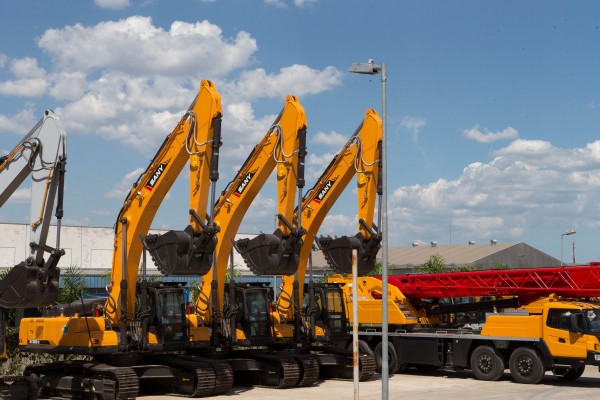

Follow us on:  
|


The Brazilian government has been tackling inflation and a devalued currency as it pushes for greater growth in local industry [Xinhua]
In December statistics had shown that industrial production had retracted by as much as 3.7 per cent from the month before.
But January’s data, which come just two weeks after IBGE showed better-than-expected GDP growth in the fourth quarter, is likely to give Brazilian President Dilma Rousseff a temporary reprieve as her government battles persistent inflation and currency devaluation – both of which have worked to slow down the economy.
IBGE on Tuesday said that industrial output for February 2014 had grown by 2.9 per cent – 0.4 per cent above estimates, making it the highest jump in a year.
The positive numbers were led by a 10 per cent increase in capital goods production, while consumer goods production rose 3.8 per cent.
Brazil’s economy may slowly be edging out of sluggish growth seen in most of 2013.
On February 28, IBGE showed that Brazil’s economic growth jumped 0.7 per cent in the 4th quarter, exceeding the forecasts of local and international business community insiders, including government officials.
The figures released by the national statistics agency in Rio de Janeiro caught by surprise many experts, most of whom had predicted GDP contraction.
Brazil’s economy shrank by 0.5 per cent in the third quarter.
“It was a surprise even for the government,” said Finance Minister Guido Mantega.
Boosted by continued strong consumer spending and government monetary policies, Brazil’s GDP has grown by 2.3 per cent in 2013.
However, inflation remains one of the government’s biggest challenges.
Consumer prices jumped by 5.64 per cent in February, the statistics bureau showed in its year-on-year data.
The Central Bank has targeted an inflation rate of only 4.5 per cent as a condition for continued economic growth.
Source: Agencies